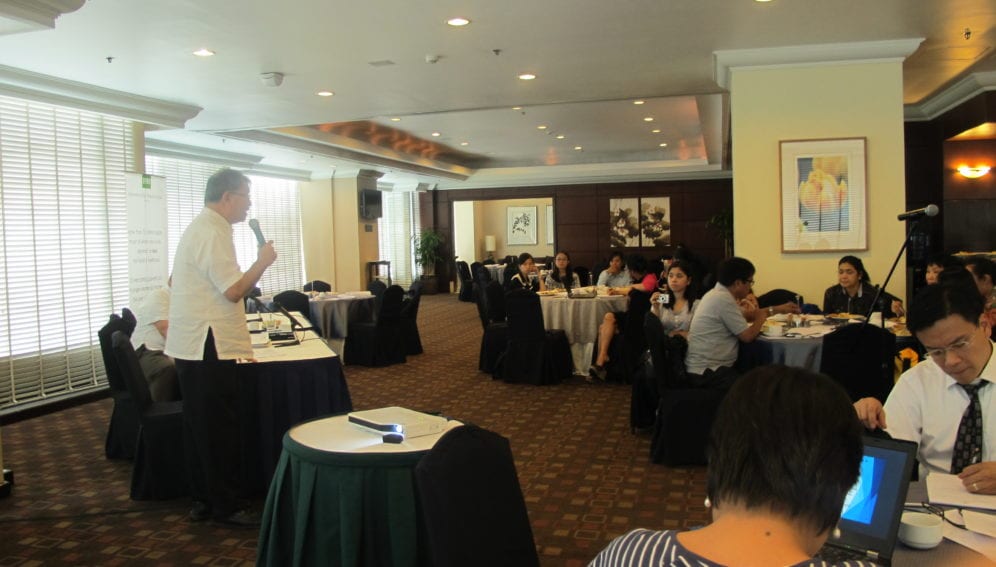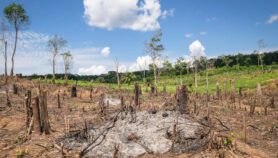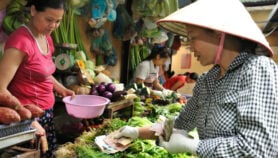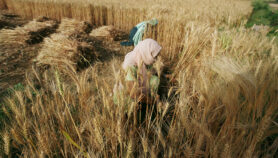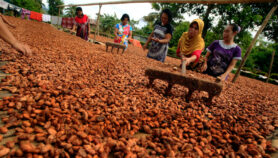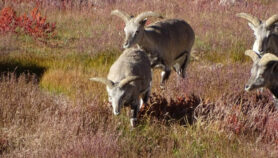Send to a friend
The details you provide on this page will not be used to send unsolicited email, and will not be sold to a 3rd party. See privacy policy.
[MANILA] Two experts gave a positive assessment of food security efforts of Association of Southeast Asian (ASEAN) member countries during a forum on food security organised by SciDev.Net and the International Rice Research Institute (IRRI) last 30 July in Makati City, Philippines.
Asked to rate “ASEAN food security 2015” from a scale of 0-5, with ‘5’ as the highest score, panellists from the International Rice Research Institute (IRRI) and the Philippines’ Department of Science and Technology (DOST) gave an optimistic assessment of ‘4’.
“Since the global food price crisis of 2007-09, ASEAN countries have redoubled efforts to strengthen management of domestic food supplies and shore up regional arrangements to share food security information,” said Bruce Tolentino, IRRI deputy director general for communication and partnerships.
He cited efforts to strengthen and expand the ASEAN Food Security Reserve, which is based on an agreement among ASEAN’s ten member countries to set aside and share rice stocks in case of contingencies such as natural calamities.
Tolentino spotlighted the Philippines which he said is the “fastest-growing ASEAN country in terms of rice yields” in the last four years.
“The introduction of new rice varieties capable of yielding anywhere from 7-10 metric tons per hectare is expected to boost the country’s drive for rice self-sufficiency,” Tolentino said.
Fortunato dela Peña, DOST undersecretary, believed that science and technology will be a key to realise food security within the region.
“You have 7 member countries with agriculture sector integral to their economies” he said noting that these will need a lot of technical and research support.
“Having an ASEAN vision for science and technology will constitute positive nation-building processes for ASEAN community 2015,” dela Peña remarked.
But he warned of increasing problem of unequal income distribution and benefits of development concentrated on the very few.
“Food security is very much tied to income security and income security is very much tied with jobs and employment,” Tolentino said. The IRRI officer advised that providing necessary support services such as for science and technology, and enabling farmers to get access to that technology, can get quicker results for further improving the Philippine rice industry.
Tolentino cited the use of fertiliser in the Philippines, which is very low compared to Vietnam and China, the biggest user. This is caused by a lack of knowledge on the optimum application of fertiliser as well as low government subsidy for fertiliser, he said, adding that Bangladesh, Indonesia, and Vietnam have major subsidies for fertiliser.
This article has been produced by SciDev.Net's South-East Asia & Pacific desk.


